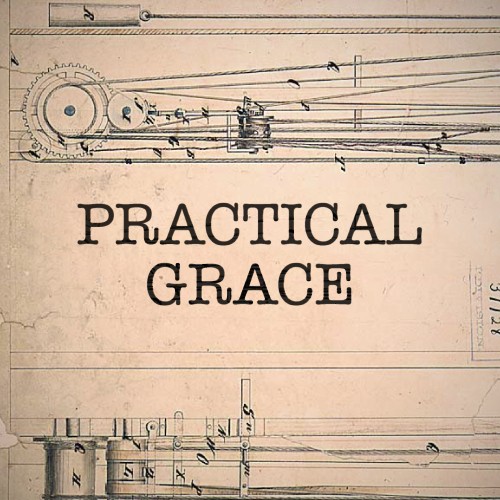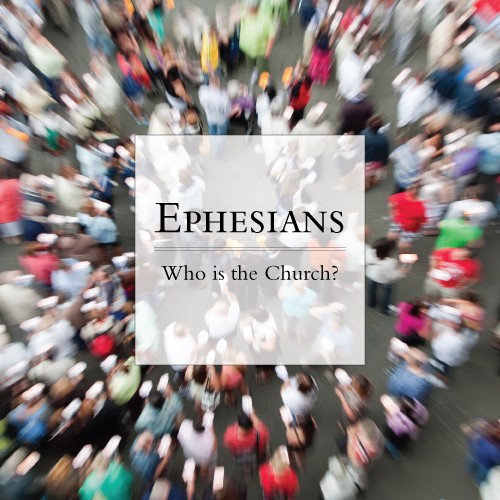
Sermon
And Kissed Him
Tim Keller | October 26, 2008
Overview
The one thing everybody knows when you read the parable of the prodigal son is it’s about forgiveness. The parable is a beautiful picture of a father that forgives his son and welcomes him home.
Let’s take a look first at what it teaches us about forgiveness and then ask the question … What kind of community would we be if we took the teaching about forgiveness seriously? Consider these four headings: forgiveness is assertive, it’s sacrificial, it’s powered from inside, and it leads to a resurrection.




